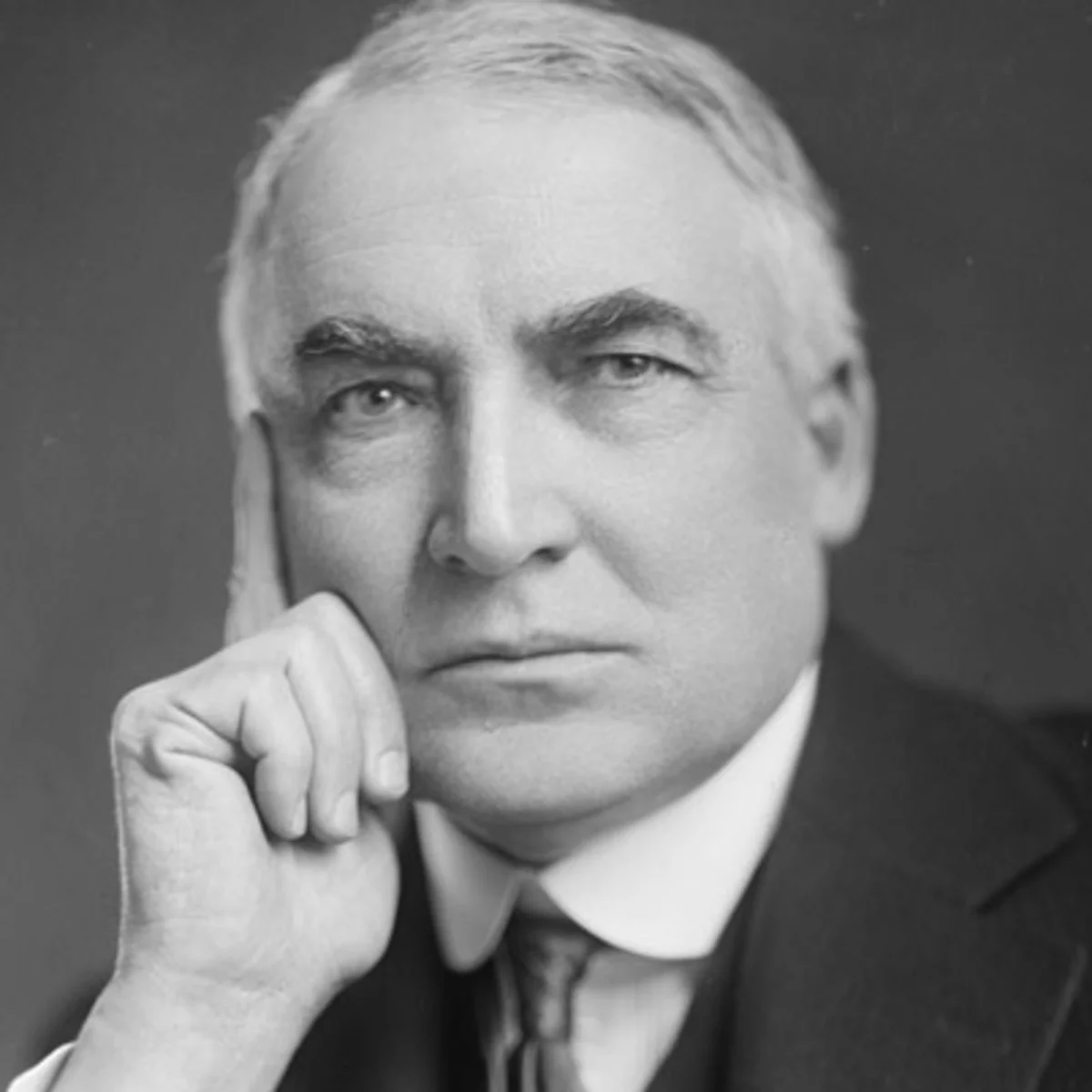The Warren Harding Effect
On 4th March 1921, Warren G. Harding became the 29th President of the United States.
The event confused a great number of people for good reason. Compared to his main rival, Warren lacked experience and intellectual ability.
Many deemed him unfit for office.
But that didn’t seem to matter. He was still elected.
So how did he beat his far more qualified rival? Had his campaign team cleverly outwitted the opposition? The answer is far more disappointing:
He was better looking.
There was very little else to recommend him for office other than his strong jawline.
Even though he wasn’t the most presidential candidate by qualities, the fact that he looked like the most presidential candidate seemed to make enough of a difference.
The electorate had judged him on his appearance. Whether they were consciously aware of it or not, his political acumen was of less concern to them.
That’s utter madness, right?
The fact of the matter is that we are all guilty of making this mistake.
Of placing too great an importance on physical attributes. Of only judging a book by it's cover. This is especially true when it comes to meeting new people.
Studies show that we tend to decide if we like someone or not within the first 10 seconds of meeting them.
If they are good looking we tend to transfer this over to their character.
In other words, we equate someone’s good looks with them being a trustworthy, intelligent, capable and friendly person. This is known in psychology as the 'beauty is good' stereotype.
Even babies have been shown to be less trusting of ugly people.
What can we learn from this?
Firstly, that it's worth taking the time to look your best. Whether it's a job interview or a business meeting, simply looking the part puts you at a distinct advantage.
Secondly, we should be more mindful of this bias when judging other people.
By all means take a look at the cover but not at the expense of the contents.






